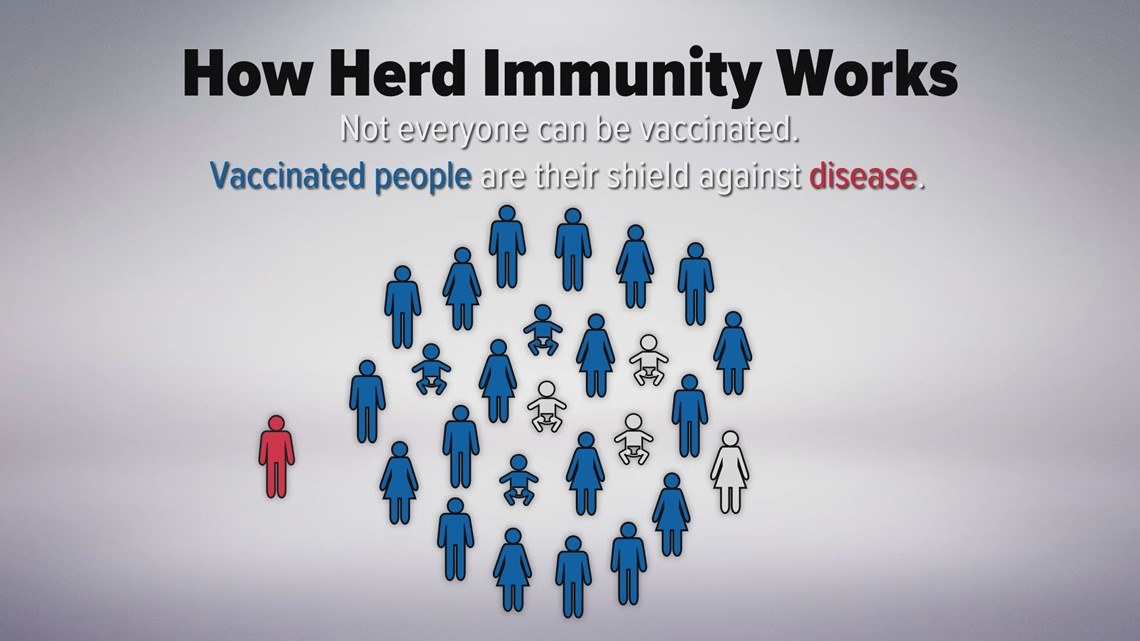
The famed anthropologist Margaret Mead was once asked, by a student no less, what some of the earliest signs of civilization are. The student fully expected Mead to wax poetic about abandoning nomadic living and building cities, or the domestication of plants and animals, or the stratification of skills within a society as evidence of civilization; all events that maybe happened 5,000 or so years ago. Instead, Dr. Mead went further back in time and talked about a 15,000-year-old femur bone

discovered at an archaeological site that revealed a fracture that had been mended. Mead pointed out that the rest of the tribe must have gone to great length to care for that single tribe member with the broken leg. No other species on Earth, not a wolf pack, not a troop of monkeys, will care for an injured member like that. Any other animal species on earth that becomes wounded in such a manner is left to die. Outside the human neighborhood, a troop cannot very well afford to hunt and survive while also protecting and caring for a wounded member. Only humans possess the ability and the willingness to understand and care for each other. It is the social contract we have with each other that developed perhaps in the waning days of the Stone Age. To paraphrase Dr. Mead, helping others through a difficulty is where civilization began.
What does this have to do with getting or not getting the COVID vaccine? Everything. People look at the annual flu shot or childhood immunizations – mumps, measles, rubella MMR or diphtheria, pertussis, tetanus DPT – as individual health measures, and that is all fine and dandy. But behind all that, when you drill down to the bedrock of the purpose of vaccines, what those immunizations really are, are public health measures designed to achieve herd immunity and thwart or stop dead in its tracks an epidemic.

This is the social contract or civic duty we have with each other, a duty to help each other, right out of Star Trek in The Wrath of Khan (1982), where Spock says, “Logic clearly dictates that the needs of the many outweigh the needs of the few” and Captain Kirk opines: “Or the one.” And for those supposed white Evangelical Christians amongst us, it is what Jesus preached.
Ultimately, at least in the United States, you cannot force someone to get the COVID-19 vaccine, nor should it come to that. We are all in this together, or we should be.

Herd immunity hovers somewhere at or above 80%. That is, you reach 80% immune either through vaccine or having had the infection, and the scoundrel virus goes away. Currently, the rise in the Delta strain of Covid is mostly targeting the unvaccinated, with something like 99.5% of Covid infections requiring hospital admission are in the unvaccinated. Those of us who are vaccinated, such as me when the vaccine was first available, are beginning to lose our immunity. If we don’t reach the 80% herd immunity, this COVID mishigas will likely go on and on. To those who refuse vaccination because of some misplaced sense of freedom, you are failing your duty to society. It is one of the reasons why Neanderthal Man became extinct and Cro-Magnon Man moved on to the next stage of speciation, Neanderthal possessed a weaker sense of working together as a community and things went sidewise for them.

John Bershof, MD
John Bershof, MD is a plastic surgeon who has been in private practice for over 25 years. He is the author of numerous medical articles as well as the first textbook of medicine for mobile phones, entitled skynetMD 2005-2015. An essay entitled Gin & Tonics, Clerics, and Dr. Livingstone, I Presume?, which was extracted from one of his future as yet published books was featured in The Antioch Review.
While working on the medical textbook skynetMD for mobile phones, Dr. Bershof, perhaps not too surprisingly became more interested in the backstories of medical history, like who was Lou Gehrig, what is Lou Gehrig's disease, what was his lifetime batting average for the New York Yankees—.340, nineteenth overall—and who invented baseball anyway. Questions such as these piqued Bershof's interest. Having read At Home 2010 by Bill Bryson, his engrossing narrative journeys room-by-room through his Victorian English countryside home, a former rectory, where each room is a chapter about domesticity, about home. It occurred to Dr. Bershof that in similar vein he could take the reader disease-by-disease as jumping off points into human history, science, medicine—his canvas blank, no subject not within reach—and learn a little medicine along the journey.
The ability of a book that is heavily fortified with science and history to connect with a general readership can be challenging; Dr. Bershof through storytelling, humor, jumping off points and personal anecdotes, accomplishes it, written in a language fleeced of the jargon that normally accompanies such narratives. The first two books, The First History of Man published in 2020 and The Second History of Man published in 2021 are available in print, ebook and audio. The Third History of Man is in final stages of editing to be published in 2022, with more volumes to come after that.
Enter your email address to subscribe to this blog and receive notifications of new posts by email.
